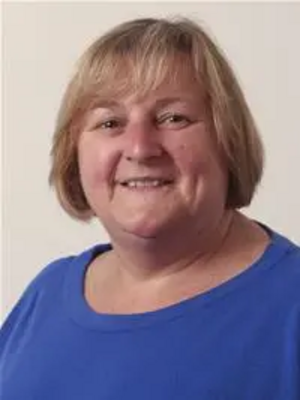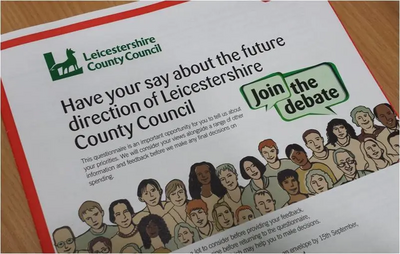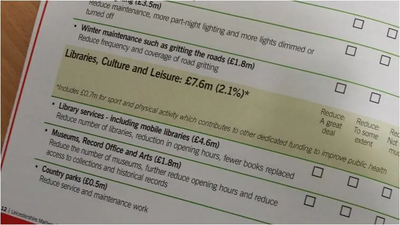Does Consultation Really Mean what it Says on the Label?

Helen Loydall is the County Councillor for Wigston Poplars as well as being a Borough Councillor at Oadby and Wigston where she chairs the Licensing and Regulatory Committee and the Senior Citizens' Forum.Having been active in local politics for a number of years, she has great experience in communicating with residents and representing their views in local government. |
As a local councillor for the past 24 years and a county councillor for 5 years, I have firmly believed in the powers of consultation with residents and the electorate, as a means to impart information, discuss, seek advice or gain information, which can then form the basis on which action may be taken. I also believe that any consultation should be open, transparent and easily accessible to those whom you want to consult. Over the years, I have delivered numerous consultation leaflets to residents asking for their views and opinions on many issues ranging from; car parking and charging, planning applications, refuse collections, recycling and council spending, to name but a few. On every occasion the responses from the consultation have given valuable information and residents' views and opinions have helped to form my future actions. Part of my role as a councillor is to represent my residents and to ensure that Councils work for the benefit of all who reside in its area.

If a council has a target to achieve, a strategy to plan or a policy to formulate then a consultation process is a sound way in which to, initially give information, ask questions and seek information and then to receive feedback from the consultation. All the information should be analysed and used to formulate further action and become the basis for target setting, strategic planning and policy making. Although I am still a local councillor, since moving into the more `political' world of County Councils, I have come to realise that this sincerely held belief of mine is, unfortunately very naive and simplistic.
It would appear that consultations today are `designed' to give the answers required to support and give evidence for the decisions that have already been made at many Cabinet levels. Whole departments are created, whose sole purpose is to manufacture a question in such a way as to solicit the correct response. We know the answer we want and now we devise the question which will give us that answer. No longer do we supply information and ask questions in order to form a basis for future actions, as many of the future actions have already been decided and acted upon. Take for example, the questions asked in a recent consultation produced online and in this instance, in paper format, to reduce the number of sites and opening times of local refuse tips and libraries. The decision to do this had already been made, by Cabinet, way before the consultation analysis had concluded. My belief in openness and transparency has been jaundiced by this realisation.

I earlier stated that consultations must be easily accessible to those who are to be consulted, and yet many consultations are now carried out only online or, you can obtain a paper copy if you go online to down load one! But don't worry, there is always a contact telephone number somewhere online that you can use to access the consultation! In this age of technology, accessing information has become much easier and for many, a way of life. Of course you need to have access to the technology first and there are still many who don't. Secondly you need to know that there is a consultation taking place and far too many consultations are hard to find and the deadline for completion has ended before you have discovered its existence. Even when the technology and the knowledge come together we all need to be able to access to it easily. How many of us have tried to navigate the channels through the computer web sites to access the information only to be constantly thwarted and frustrated in our attempts and finally give up in exasperation? In my ever growing cynicism regarding the consultation process, could this be part of the plan?
If this is the case then many more questions need to be asked regarding the true purpose and value of consultations, but who will design the questions and will the answers already have been decided? Does consultation really mean what it says on the label?
